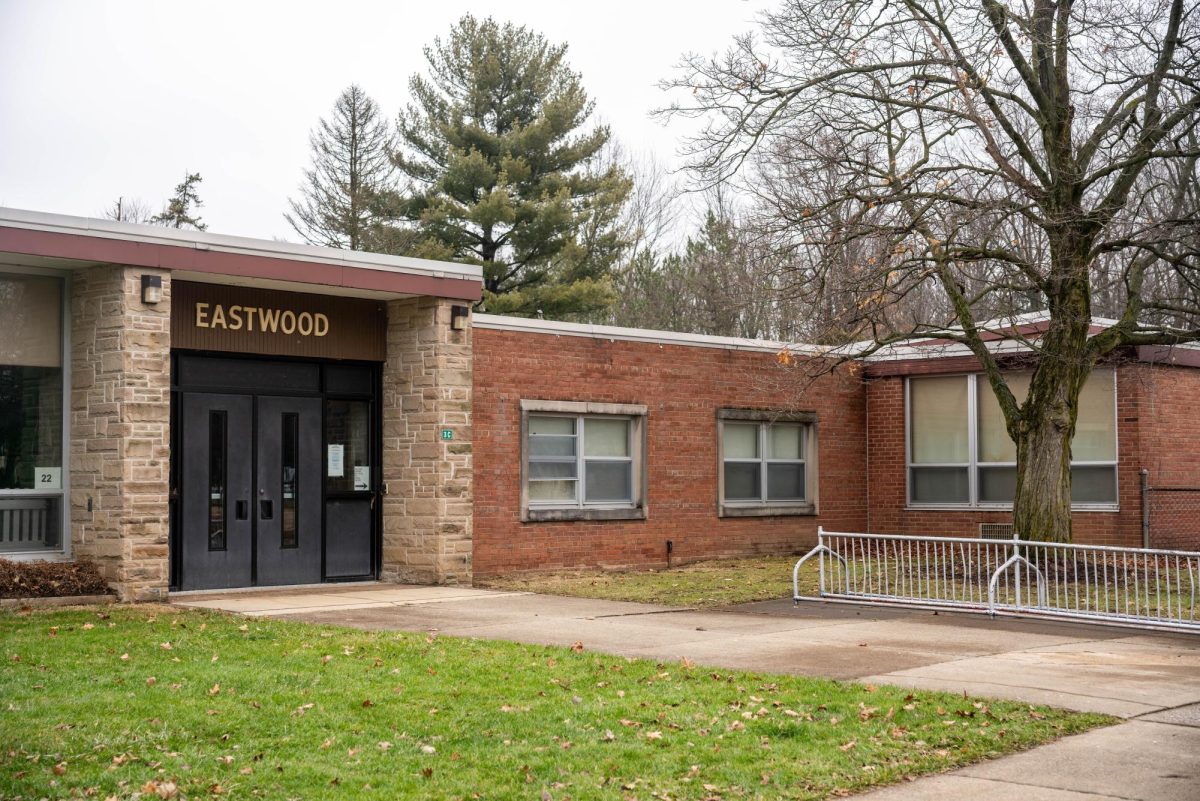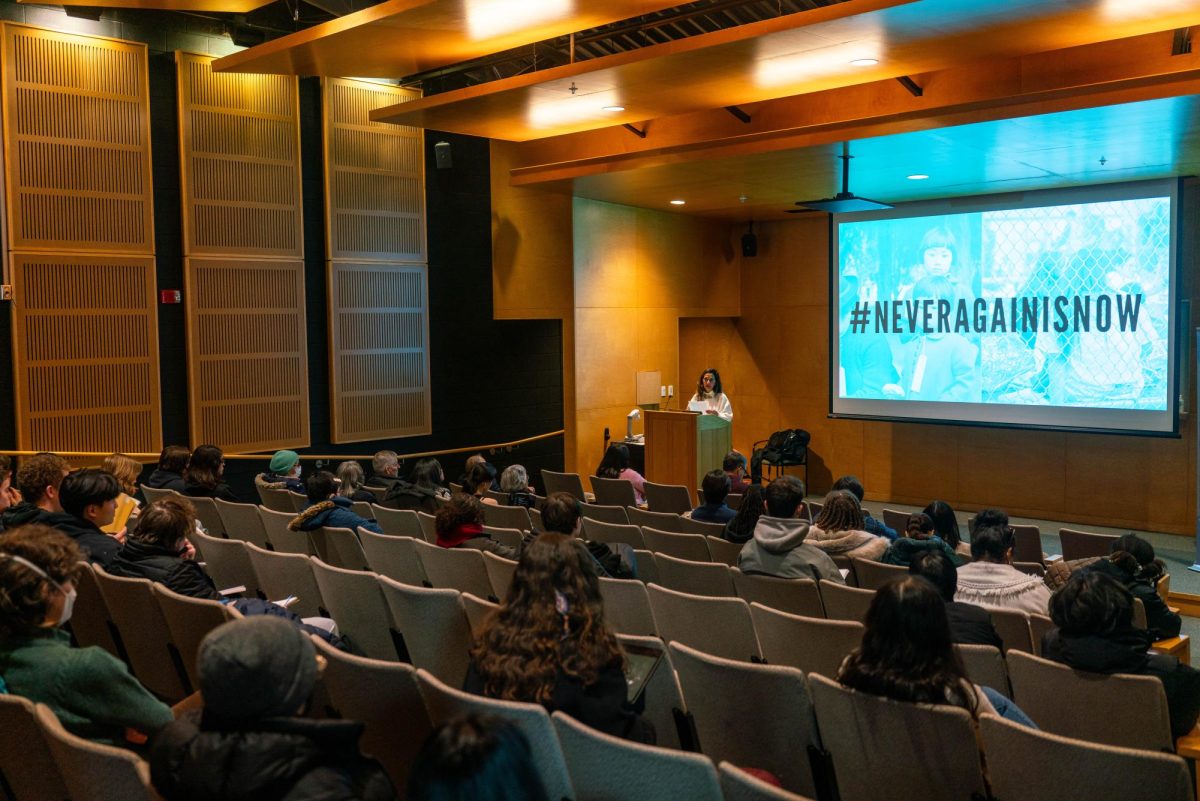Oberlin Not Incompatible With Business World
February 15, 2013
Over Winter Term, Oberlin hosted a reception at the Yale Club in New York City to commemorate the 10th anniversary of the Oberlin Business Scholars program. Though this may be changing, a prevalent notion that “business” and “finance” are dirty words still lingers at Oberlin. In Oberlin’s perpetual drive to push against conventional boundaries and stereotypes, we often forget that even within those institutions that we find ourselves frequently pitted against, there exists a diversity of experience. This Winter Term, 13 of us had the opportunity to be part of the Business Scholars program. Traveling between Cleveland, Chicago, and New York, we met with more than 35 people, each involved in different aspects of the business world. There were entrepreneurs, investment bankers, venture capitalists, wealth managers, directors of hedge funds and mutual funds, advertising executives, non-profit organization leaders, and even socially responsible investors. The most impressive commonality among presenters was a desire to apply the unique values gained from an Oberlin education to their jobs. These values have contributed to the remarkable successes of the various presenters. Throughout the course of the program, presenters repeatedly emphasized the notion of “doing well and doing good.” When Oberlin students dismiss the business world as a force that must be suppressed, they also ignore the positive impact that operating in that world can have. For many of us, this journey illustrated that entering the business world does not necessitate associating with the practices of frequently criticized companies. Chris Canavan, OC ’84, one of the presenters we met with, asked us to read A Brief History of Financial Euphoria, a book that discusses the patterns of financial crises. The book establishes that financial crises arise as investors fall prey to trends, pouring money into the latest popularity, and ignoring what in hindsight seems to be common sense. These investors, engulfed in a perception of self-exceptionalism, contribute to a bubble and ultimately a financial crisis. Moving or speaking against established and attractive trends is no easy matter — especially when considering the criticism that often results from such actions. But for those investors bold enough to follow this course of action the potential reward is large. Many of the presenters we met with managed to weather the 2008 financial crisis by remaining principled and refusing to succumb to attractive trends. This ability, an undeniably Oberlin quality, has contributed to the successes of the presenters, revealing that an Oberlin education is compatible with the financial world. The impact of Oberlin graduates in finance extends beyond simply managing to survive a financial crisis. For the most part, the presenters we met were heavily involved with philanthropic efforts. Even after managing to make their millions, they remained in touch with the common desire to help others out. Oberlin graduates contribute to the financial community in a positive way — using the financial system to increase social welfare while still managing to succeed. The possible contributions of students from Oberlin, however, are limited by the lack of a larger network. While individual contributions are certainly significant, the goals that Oberlin graduates tend to pursue are lofty ones. Fortunately, these goals are commonly shared among Oberlin graduates. As such, Oberlin would benefit from the establishment of a larger network to facilitate collaboration between graduates. Perhaps you might be wondering why we found it necessary to write this article and to share our experiences with the greater Oberlin community . It is because of the camaraderie that we found during this program with each other as well as with the presenters. The 13 of us left the program with a strong desire to establish and expand the Oberlin network. Indeed, we even half-playfully and maybe more than half-seriously discussed the idea of creating our own investment company. Whether or not that comes to fruition, we will certainly be lifelong contacts and resources for each other. Oberlin students are often discouraged from entering the business world due to a sentiment that for some reason their ideas and values are not compatible in that world. We’re here to say “bullshit” to that idea. Stewart Kohl, OC ’77, summed it up best: “Wall Street would be better if there was a little more Tappan Square in it.” We cannot deny the tremendous impact that money and capital can have in promoting social welfare — when used correctly. But such an impact requires that Oberlin graduates, both in the business world and beyond, work together. Oberlin’s community values are extraordinarily important, so remember to build lasting relationships with your peers. You never know when you’ll find yourself calling on them.
– The Oberlin Business Scholars

















